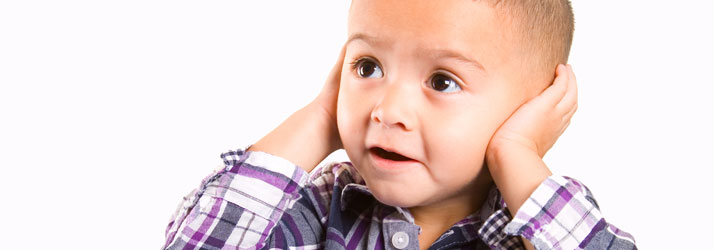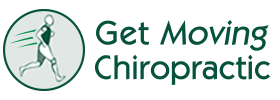Signs Of Sensory Processing Disorder in Evergreen CO

Take a look at the signs of sensory processing disorder below. Feel free to give our Evergreen CO chiropractic clinic a call today to learn more.
Signs Of Touch In Evergreen CO
Tactile input is important in determining one's behavior. Inadequacies in processing tactile input can lead to a difficult time with activities of daily living, poor student performance due to difficulty manipulating objects such as pencils or scissors, and/or poor peer interactions due to inadequate modulation of tactile sensations. Children that have difficulties processing tactile sensory input may appear:
- Anxious
- Controlling
- Aggressive
- Avoids touch or craves touch
- Dislikes or avoids messy play such as finger
- painting
- Appears irritated by certain clothing (e.g. tags in shirts) or food textures
- Appears irritated when someone is in close proximity
- Often appears very active or fidgety
- Has difficulty manipulating small objects
- Uses his/her hands to explore objects
- Often puts objects in the mouth
SMELL
Children that have sensory processing disorder of smell may be susceptible to allergies; especially environmental allergies. They may exhibit an excessive need to smell toys, items, or people. Or, they may not like new clothes, toys, or furniture because of the smell. Their behavior or health may deteriorate after cleaning the house due to the toxic effect of the cleaning chemicals.
TASTE
Children that have sensory processing disorders of taste may be “picky eaters”. They may also exhibit “pica” which is the act of eating non-edible items such as chalk, crayons, dirt, etc.
AUDITORY
Children with auditory processing disorder may demonstrate some of the following:
- Become upset w/loud or unexpected noises
- Hum or sing to screen out unwanted noises
- Are easily distracted by loud noises
- Enjoys loud sounds and repeats them several times
- Has difficulty w/clothes that make noise
- Has difficulty w/verbal prompts
- Covers ears frequently
- Speaks in a loud voice to screen out incoming noise
- Notices, or is bothered by environmental noises that most would screen out (e.g. refrigerator, air conditioner, ticking clocks).
VISUAL
Children with sensory processing disorder of the visual system may exhibit some of the following:
- Difficulty going downstairs
- Poor hand-eye coordination
- Pain, watering, discomfort when required to perform visual work
- Inability to read without losing place
- Rubbing eyes after use
- Frequent headaches or stomachaches after visual work or school
- Difficulty copying
- Inability or difficulty reading aloud
VESTIBULAR
The vestibular system helps regulate all of the other sensory systems; dysfunction here will likely lead to dysfunction in other systems as well. Children with vestibular processing disorder may have a history of repeated ear infections and/or ear tubes. They may also display some of the following:
- Avoidance of movement; especially head movement
- Headbanging
- Motion sickness
- Avoidance of merry-go-rounds or roller coasters
- Excessive watching things spin or excessive spinning themselves
- Inability to read/write in cursive
- Dizziness/nausea caused by watching things move
- Hearing problems
- Inability to sustain listening without moving or rocking
- Problems with balance
- Difficulty walking on uneven surfaces
- Has the need to move fast
PROPRIOCEPTION
Children with proprioceptive processing disorder may demonstrate some of the following:
- Need to be held, swaddled, and snuggled
- Unusual need to have physical contact with another person; clinging
- Hysteria over washing hair or pulling shirts over the head
- Avoidance of eyes closed activities
- Difficulty falling asleep and staying asleep
- Sleepwalking/falling out of bed
- Extreme restlessness while sleeping
- Need for heavy covers or clothing or backpack to feel grounded
- Need to have a light on to sleep
- Avoidance of team sports
- Aversion to crowds
- Clumsiness, tripping over own feet, bumping into things
- Difficulty grasping mathematical concepts
- Inability to accept physical and social boundaries
OFFICE HOURS
Monday
Closed
Tuesday
9:00pm - 5:30pm
Wednesday
9:00am - 5:00pm
Thursday
9:00am - 5:00pm
Friday
9:00am - 5:00pm
Saturday
9:00am - 1:00pm
Sunday
Closed
Get Moving Chiropractic
30772 Southview Drive #140
Evergreen, CO 80439



